Quentin Blake, illustrator, cartoonist and children’s author, has, to date, illustrated over 300 books. He is most famously associated with Roald Dahl, but he’s worked with a number of children’s writers, most recently David Walliams, illustrating the actor's debut novel The Boy in the Dress. He is a patron of The Big Draw which aims to get people of all ages drawing throughout the UK, and of The Nightingale Project, a charity that puts art into hospitals. Since 2006, he's produced work for several hospitals and mental health centres in London and in France. He has, he says, drawn ever since he can remember, and published his first illustration while still at school, aged 16, in Punch.
What books are you currently reading?
I am generally reading several; some I never finish. At the moment I am halfway through a biography of Arthur Rimbaud. It is in a Gallimard biography series – relatively short books compared with many biographies but which give a good general idea of the life in question. I have just finished a similar volume on Voltaire. I am also reading, very slowly, a biography of Alexis de Tocqueville; in some ways not so much a biography as a study of the genesis of his book about democracy in America. Within the past week I have also discovered a book by Antoine Compagnon called Un été avec Baudelaire. It is actually a collection of talks for French radio in an easy and conversational style. It’s helped me to get to read Les Fleurs du mal with some understanding even if it doesn’t make me feel more sympathetic to Baudelaire as a person. Baudelaire was Tocqueville’s much younger contemporary – difficult not to notice the contrast in their attitudes to human wrongdoing and the possibilities of social improvement.
I also do another kind of reading, which is reading aloud – to a friend. I read while she draws. I always assume she is listening, though I read the whole Shadows on the Rock by Willa Cather, of which she claims to have no recollection whatsoever. However, she certainly heard a great deal of our latest book The Old Ace in the Hole by Annie Proulx. I bought it remembering that I enjoyed The Shipping News, though this is a very different kind of work. The hero, Bob Dollar, at work in Texas on the lookout for hog-farm sites for Global Pork Rind, is a surprisingly Candide-like figure who would equally be in a novel by Evelyn Waugh; but Proulx’s particular fascination seems to be with bizarre and idiosyncratic names of towns and people, abandoned industrial architecture and the effects of weather which make the book nearer to a visual work of art – assemblage or collage – than any other novel I have read.
Do you have a favourite non-fiction writer?
I have enjoyed the non-fiction works of Ford Maddox Ford – his book on Provence, and the books of reminiscences, though apparently, we are given to understand, there are elements of fiction in these too. It’s quite a long time since I read them, though I am reminded of one vignette where Ford, still a young Edwardian man-about-town and on his way home, is accosted by a policeman stepping out of the shadows. Ford’s instinctive reaction: “God damn and blast you, man – you nearly made me jump out of my skin!” to which the constable responds: “Sorry, sir. I didn’t realise you were a gentleman.”
Who are your favourite novelists?
Dickens is the novelist I would be most ready to re-read, and in fact have re-read; in particular Bleak House, Little Dorrit, Great Expectations, Hard Times. The novelist who has become a favourite relatively recently is Arnold Bennett. I think that when I was reading English Literature at university a long time ago he was hardly mentioned – perhaps looked down as an unimaginative pedestrian realist. Also Bennett didn’t help himself as far as I was concerned by calling his best novel The Old Wives’ Tale, when it is actually the story of two sisters, one who stays in the town of her birth and the other who goes to Paris to run a hotel, from adolescence to the end of their lives. I think the Clayhanger trilogy is the same order of achievement.
Do you read poetry?
I don’t habitually read poetry, though I have read a fair amount at one time and another – most of the familiar names. Not so long ago I re-read Byron’s Don Juan, and I have found Arthur Hugh Clough interesting – narrative and colloquial. I don’t really know anything about English verse after Ted Hughes, Thom Gunn and Philip Larkin.
Is there a poet or poem you often return to? If so why?
Now, probably, Thomas Hardy. He invokes feelings in a tone of voice that seems natural but curiously his own.
Crime or sci-fi?
Crime, only Maigret, and not for the crime. No sci-fi at all, unless you count Terry Pratchett, which I don’t suppose he would. They are memorable entertainment. The Truth, his parody of the development of newspapers, is probably the one I like best of those I have read.
You don’t, incidentally, have a question about humour. I don’t often nowadays go back to Thunder and Perelman, but from time to time I look again at Max Beerbohm's A Christmas Garland.
Do you enjoy graphic novels?
I am afraid that I don’t normally get on well with graphic novels or with bandes dessinés, though some of the people who draw them are brilliant draughtsmen. They often seem to me like a form of very slow cinema, and I suppose I prefer to think of illustration as theatre.
Tell me about your favourite books on art.
I have read many books of art criticism, but the art books I value most are the ones that give extensive reproductions of favourite painters that I can’t get to see in reality as often as I would like: Tiepolo, Tintoretto, Paolo Veronese.
Do you think criticism is an art form?
I hope not.
Has a book or a poem ever affected your outlook on life?
Not, as far as I know, any individual work; cumulatively of course they have made all the difference in the world. That must be one main reason why I read.
Name four writers you'd like to invite to an intimate dinner party.
I don’t give intimate dinner parties.
Gallery: click image to enlarge. All images © Quentin Blake

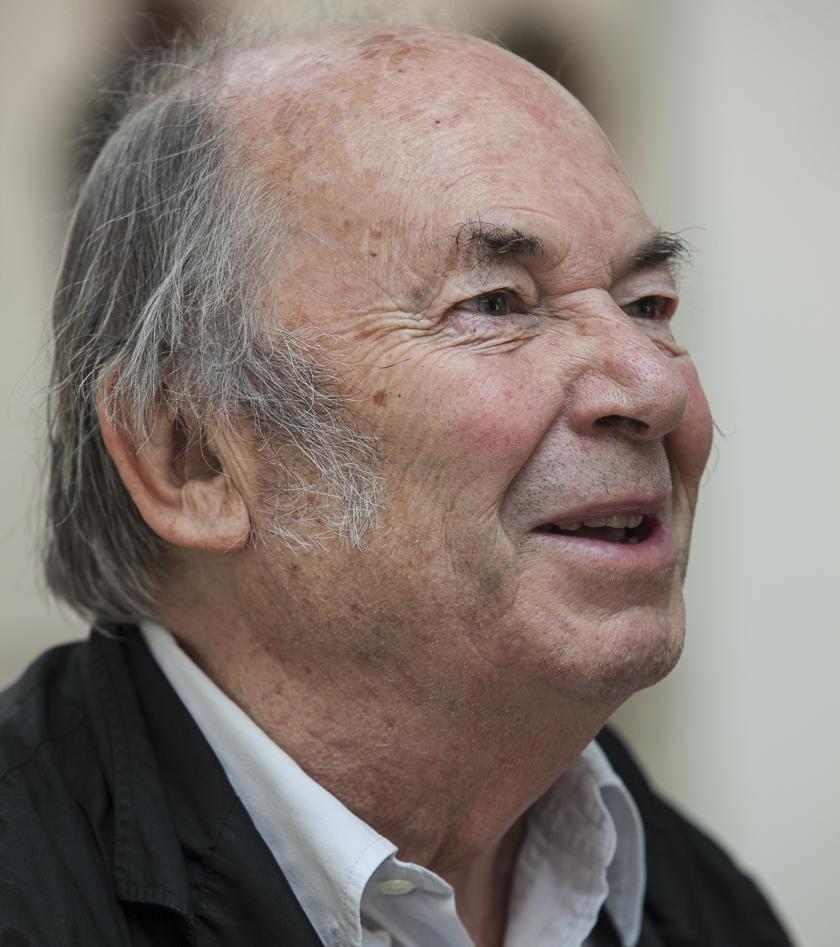


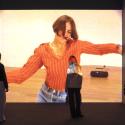
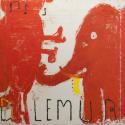
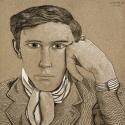
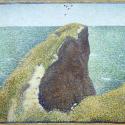
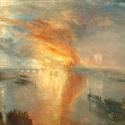

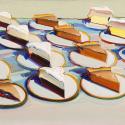


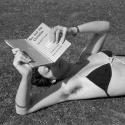
![SEX MONEY RACE RELIGION [2016] by Gilbert and George. Installation shot of Gilbert & George 21ST CENTURY PICTURES Hayward Gallery](/sites/default/files/styles/thumbnail_125_x_125_/public/mastimages/Gilbert%20%26%20George_%2021ST%20CENTURY%20PICTURES.%20SEX%20MONEY%20RACE%20RELIGION%20%5B2016%5D.%20Photo_%20Mark%20Blower.%20Courtesy%20of%20the%20Gilbert%20%26%20George%20and%20the%20Hayward%20Gallery._0.jpg?itok=3oW-Y84i)
Add comment